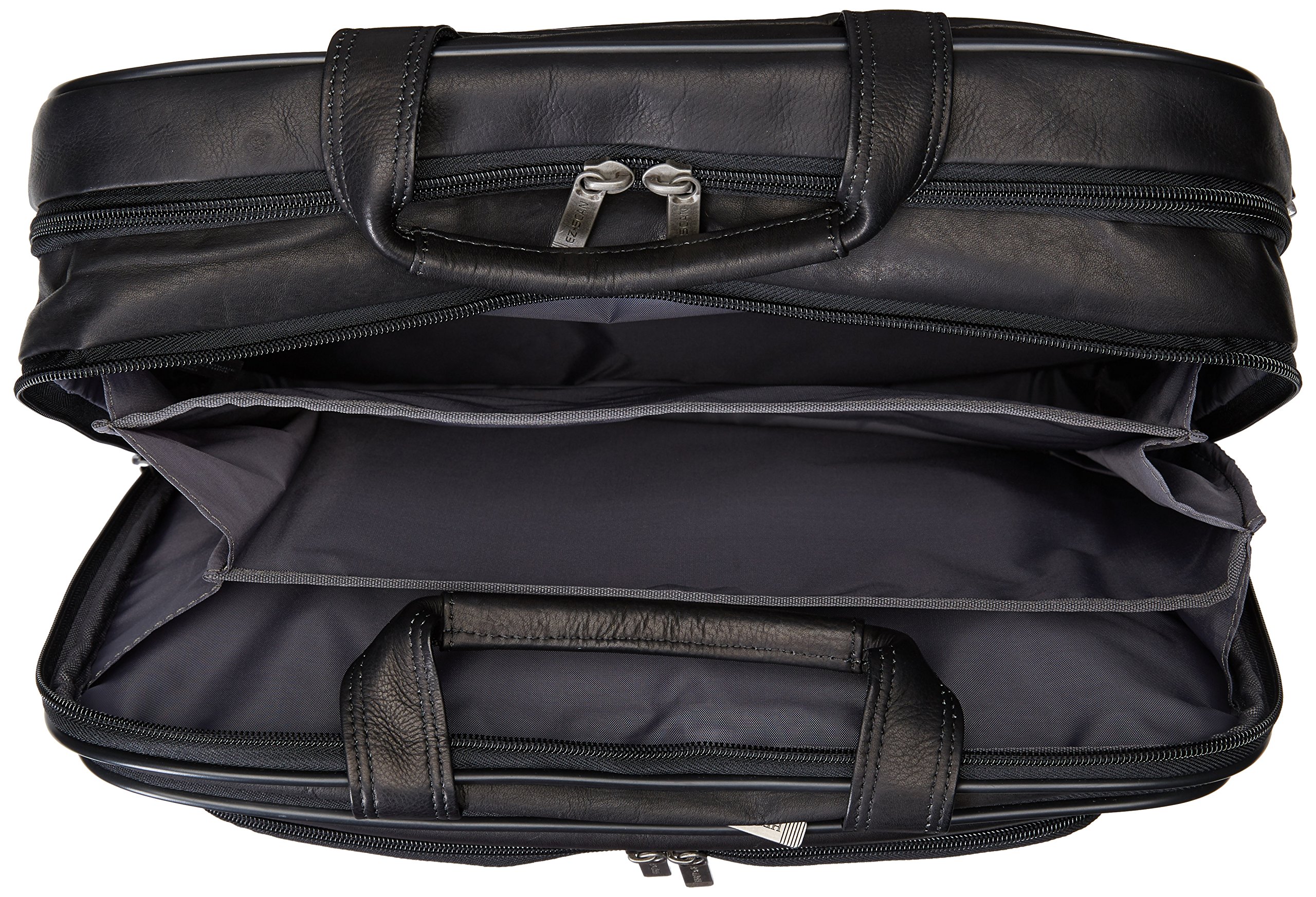
Of course, you’ll need to do your research about whether it makes sense financially for you to do this given the equity in your house and what you could potentially sell it for in the current market. You can read about how and why she made that decision in her guest blog article here.

One of our students at EZ FI University actually decided this was the case. We understand this option might not make sense for everyone, but there are circumstances where this may actually make the most sense for your desired lifestyle and financial goals. This option may sound extreme, but in reality, the easiest way to flip your house from one side of the balance sheet to the other is to sell it. Below are just a few examples of ways to generate cash flow from you primary home.

There are many ways that this can be accomplished, depending on your desired lifestyle, financial goals, and personal situation. This article will show you how you can do just that: turn your house into an asset instead of a liability. The simple definition of a liability is something that takes money out of your pocket.” So, according to this definition, your primary home is not typically an asset…unless it is putting money into your pocket.

Here at EZ FI U, we subscribe to the simple definition provided by passive income guru Robert Kiyosaki: “The simple definition of an asset is something that puts money in your pocket. Yet for many real estate investors who have applied for a commercial loan will tell you that the lender regards your primary home as a liability, not an asset. Many will argue that because you’re building up equity in your home, it’s an asset. There is an age-old debate about whether owning a house is considered an asset or a liability.


 0 kommentar(er)
0 kommentar(er)
